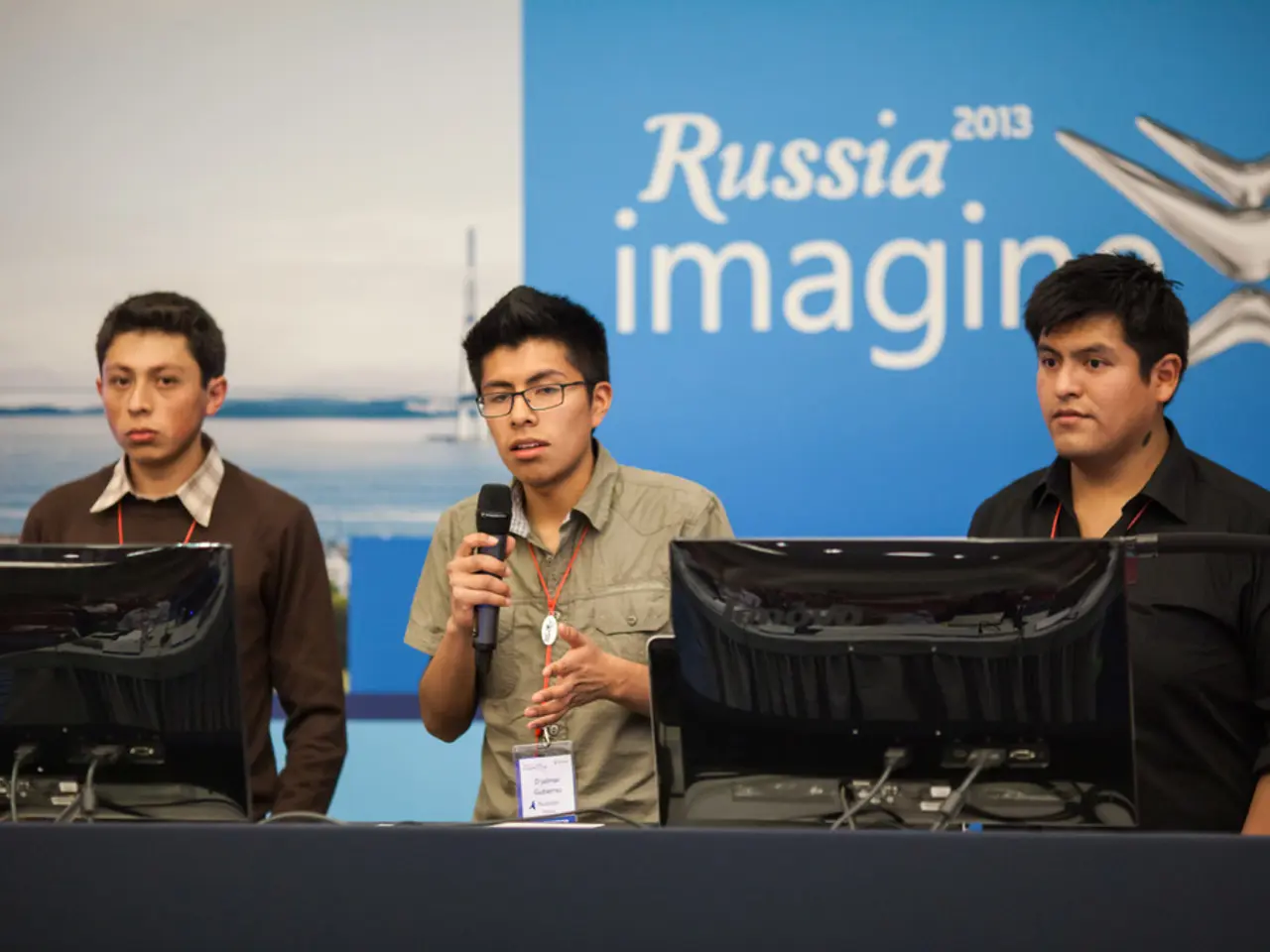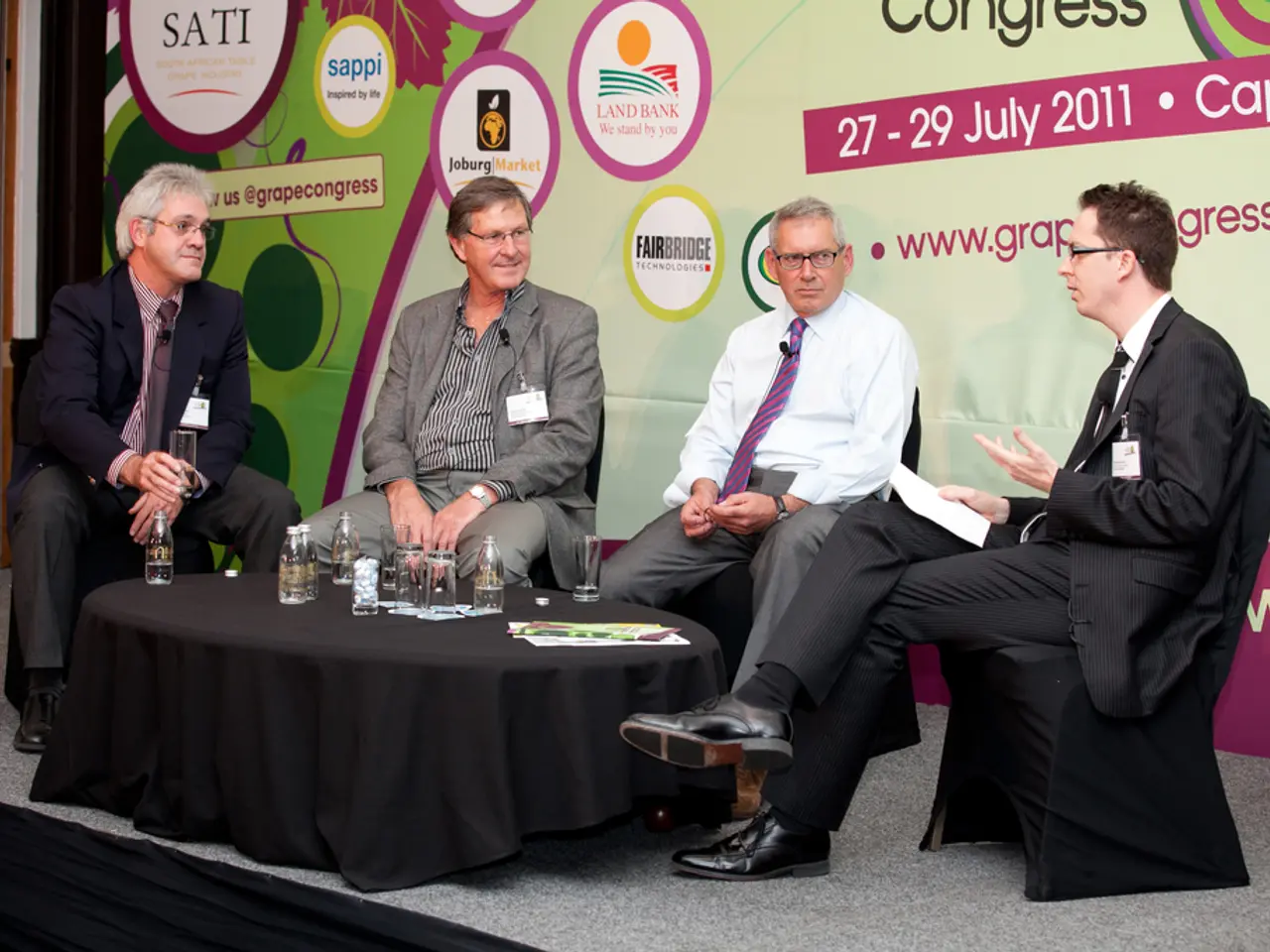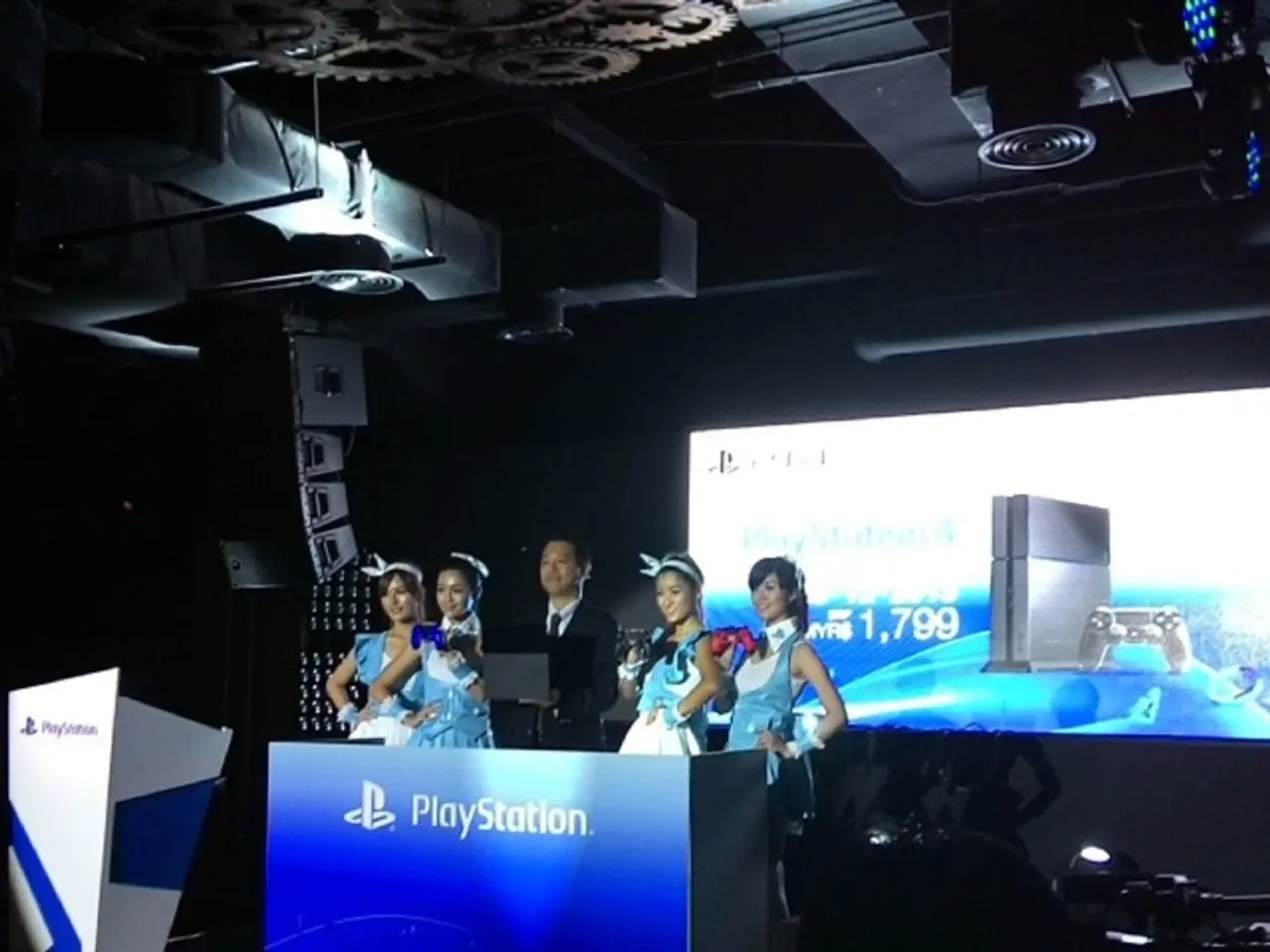USA's atomic bombing of Hiroshima, Japan, leads to memorialization of devastating losses after 80 years - Marking the 80th anniversary, Japan honors thememory of the victims who lost their lives in the U.S.'s atomic bombing of Hiroshima.
In the city of Hiroshima, Japan, preparations are underway for the 80th anniversary of the atomic bombing that occurred in 1945. This year's memorial ceremony is expected to be the largest yet, with over 120 countries and regions planning to attend, including Taiwan and Palestine for the first time. However, three nuclear powers—Russia, China, and Pakistan—have not responded to the city's notification about the event and are absent from the attendee list.
Japan's prime minister, Shigeru Ishiba, believes it is Japan's duty to take the lead towards a world without nuclear weapons. His sentiments echo those of the mayor of Hiroshima, Kazumi Matsui, who in his speech warned about an accelerating global military arms race.
It is important to note that Matsui did not make this statement in the context of the current absence of nuclear powers at the Hiroshima memorial ceremony.
The decision by Russia, China, and Pakistan not to attend the Hiroshima ceremony continues a trend from recent years amid geopolitical tensions. Interestingly, Russia is expected to attend the Nagasaki memorial ceremony for the first time since its 2022 invasion of Ukraine, while Belarus (a Russian ally) is attending Hiroshima for the first time in four years.
Among nuclear-armed states, Britain, France, India, Israel, and the United States are represented or making arrangements to attend the Hiroshima ceremony. However, the absence of Russia, China, Pakistan, and North Korea is notable.
In 1945, a US Army bomber dropped an uranium bomb over Hiroshima at 8:15 AM, resulting in the immediate deaths of approximately 140,000 people. Three days later, another US atomic bomb was dropped on Nagasaki, killing about 74,000 people. These tragedies serve as a stark reminder of the devastating impact of nuclear weapons.
The absence of nuclear powers like Russia, China, and Pakistan at the Hiroshima ceremony is a reflection of their decision not to engage in this particular international commemoration in 2025. Their absence, according to Matsui, ignores the lessons from the tragedies of history.
Iran, which is accused of pursuing a nuclear bomb, is present at the ceremony. This attendance by Iran, despite the ongoing international concerns, underscores the complexities and challenges of global nuclear disarmament efforts.
As the world marks the 80th anniversary of the atomic bombing of Hiroshima, the absence of some nuclear powers raises important questions about international cooperation and the commitment to a world free of nuclear weapons.
- The war-and-conflicts discourse surrounding the global nuclear powers, notably Russia, China, and Pakistan, is emphasized as they have chosen not to attend the Hiroshima memorial ceremony, underscoring ongoing geopolitical tensions.
- In the realm of general news, the absence of nuclear powers like Russia, China, and Pakistan at the Hiroshima memorial ceremony serves as a stark reminder of the need for global unity and commitment towards a world without nuclear weapons, especially as we commemorate the 80th anniversary of the atomic bombing of Hiroshima.







